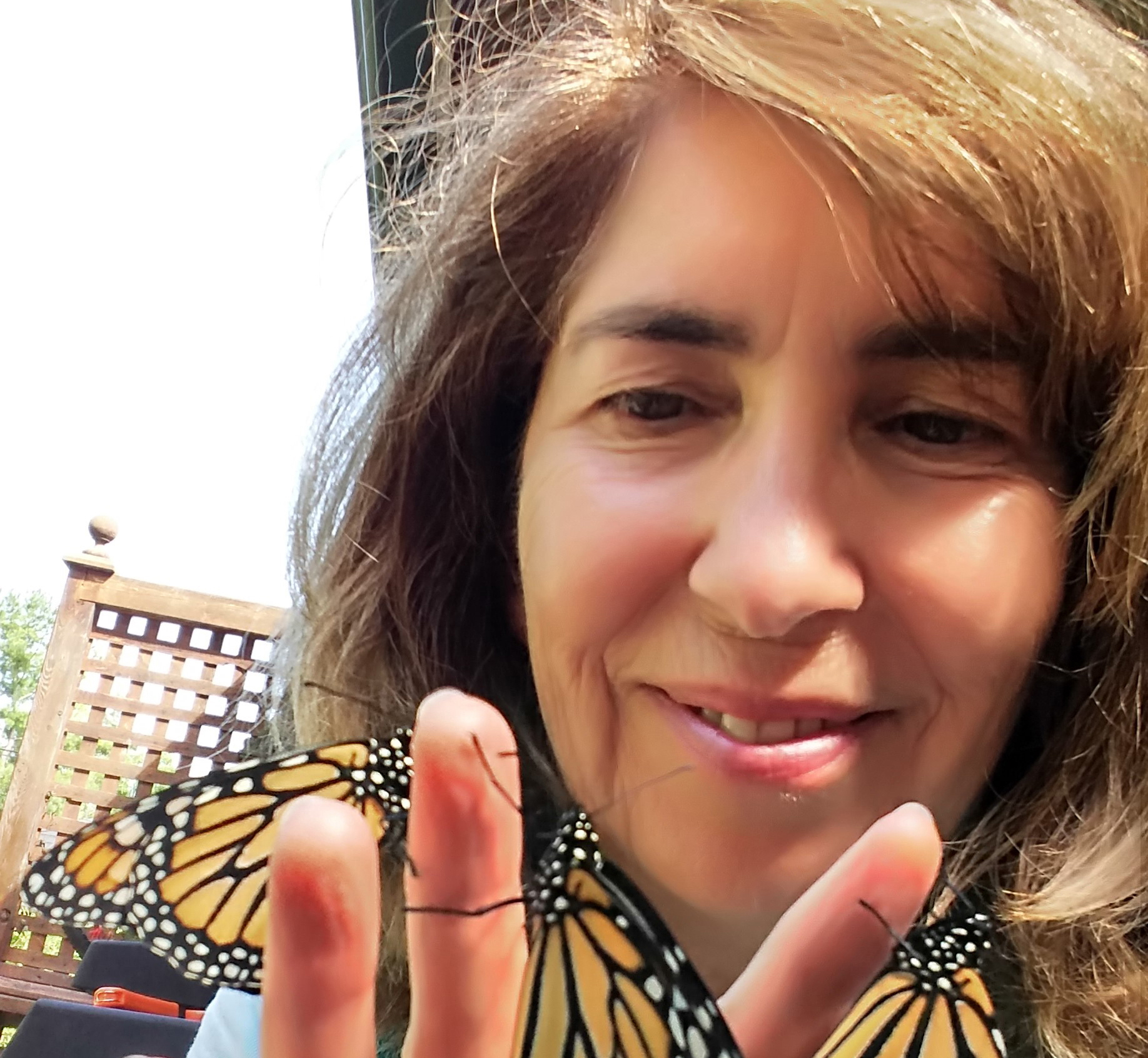What Can Patients Do?
Realize that not all bugs need drugs. Antibiotics don’t work on viruses such as the flu, colds or most sinus infections, coughs and bronchitis. Many doctors will recommend getting extra rest and letting the illness run its course.
Tell your doctor you’ll take an antibiotic only if necessary. “Ask, ‘Do I really need this?’” suggests microbiologist Dr. Allison McGeer
If doctors tell you an antibiotic won’t help, don’t seek out another doctor for a prescription
If prescribed an antibiotic, take it exactly as directed
When travelling to other countries, don’t buy antibiotics over the counter without consulting a doctor
Prevent infections by getting immunized, staying home if contagious and washing hands frequently
What Can Physicians Do?
Rethink the notion that antibiotics are always the “better safe than sorry” option. “That approach is deeply embedded in the psyche of physicians,” McGeer says.
Avoid misreading your patient. A patient who asks about antibiotics isn’t necessarily asking for them
If you don’t believe antibiotics will help your patient, take the extra minute to explain why
If prescribing an antibiotic, make sure it’s the narrowest spectrum and for the shortest duration possible to cure the infection. Long-term use increases risks of C. difficile and side effects, as well as resistance
Encourage patients to get immunized and to practice careful hygiene







No Responses to “ What Can Patients and Physicians Do? ”
I am the photographer for the image you used on this article and I would greatly appreciate it if you could credit me somewhere on the page. Here is a link to the original image:
https://www.flickr.com/photos/angela_sleeping/6833986386/
Thanks!
-Angela Doss
Hi Angela, we credit all images in the image file; if you hover your mouse over the pic you will see the credit to Angela Doss/Flickr. All best, Janet Rowe, U of T Magazine